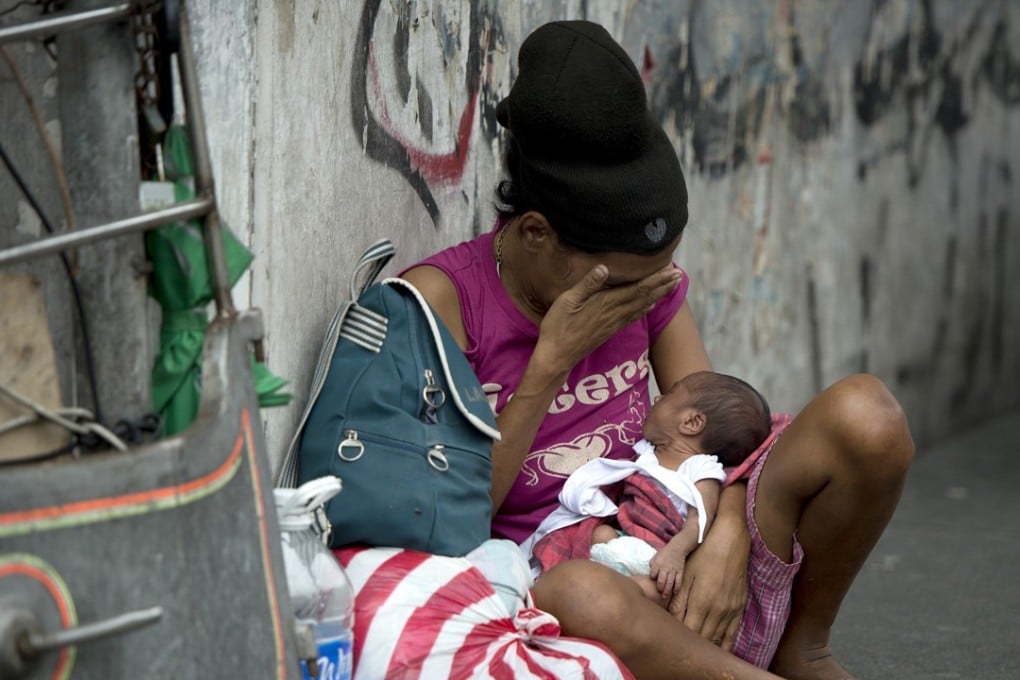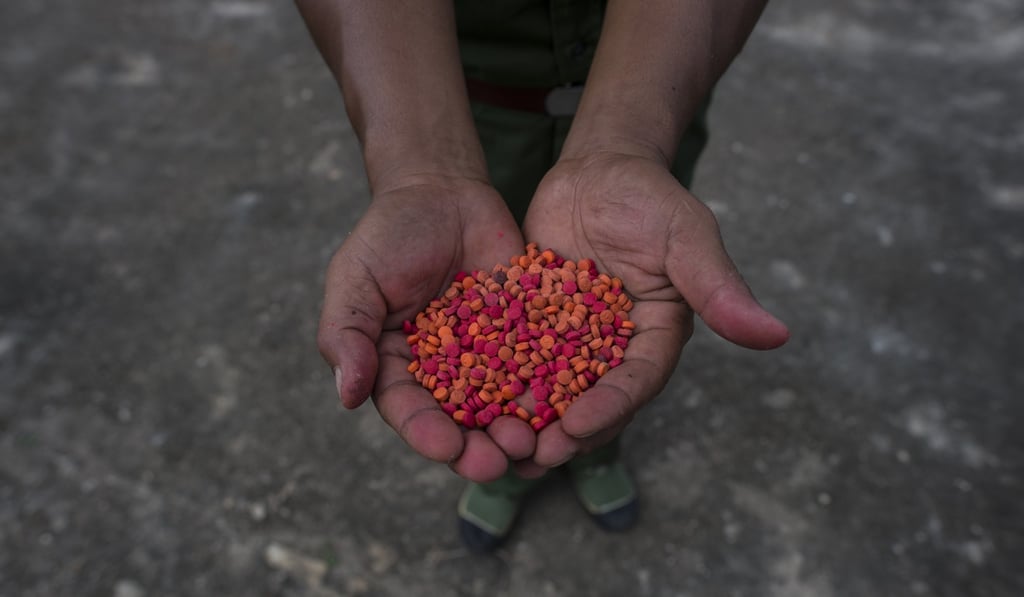American journalist investigates organised crime in Southeast Asia — drugs, dognapping, defectors and role of the Catholic Church
From the drug dens of Myanmar to the mean streets of Thailand, writer Patrick Winn has come to understand his adopted home – and offer a written antidote to misrepresentations in Western media

Hello, Shadowlands is the first book by Patrick Winn, an American-born journalist who lives and works in Bangkok. His research included hanging out with meth addicts (and watching them go cold turkey while locked in bamboo cages) in Myanmar – and smoking opium there to prove he is not a policeman – chatting with terrified sex workers in a Thai border town, dancing with aloof North Korean restaurant hostesses in the Thai capital, watching a dog being prepared as food in Vietnam, buying illegal contraceptive potions in the Philippines and a whole lot more.
Winn has also been shot at by Thai police, but that incident is another story and lies outside Hello, Shadowlands ’ pages.
I wanted to write a book about this booming world of organised crime through the eyes of the criminals [...] They have all seemed perfectly rational. I have enjoyed their company
Winn’s purpose was not the reckless pursuit of cheap thrills, although when pressed, the 37-year-old admits his day job as a journalist has its outlandish attractions. “Is there a version of excitement completely stripped of fun? Exhilarating, but not fun?” he asks. “Obviously, I have an appetite for things like that.”
Winn’s main goal, however, has always been his own education – organised crime is his chosen means to understand a country’s culture, politics and people. Each of the six chapters in Hello, Shadowlands deals with a particular crime in a particular place, often with the corollary of citizens taking the law into their own hands. There is abuse of yaba (methamphetamine) in Myanmar, and the primitive drug-rehabilitation camps run by Pat Jasan, a group of militant fundamentalist Christians. There is dognapping in Vietnam, and the vigilante groups, often run by former Vietcong, who are fighting back. There is the Thai party town, on the border with Malaysia, targeted by Islamic rebels. Perhaps most intriguing of all is another kind of drug trade: of contraceptive pills and potions in Manila.
“I wanted to write a book about this booming world of organised crime through the eyes of the criminals, and of the police,” Winn says. “That means the drug trafficker, the drug user, the jihadi, the smuggler, the vigilante, the motorbike bandit. The criminals are not deranged. They have all seemed perfectly rational. I have enjoyed their company. I have thought if I were in that situation, I would have done the exact same thing.”

The author explains this empathetic modus operandi in several ways. For one thing, he wanted to counter the kind of sensational reporting typified by newspapers in the West. He cites publications such as the Huffington Post and Daily Mail that glory in salacious details of dognapping in Thailand and dog eating in Vietnam.
